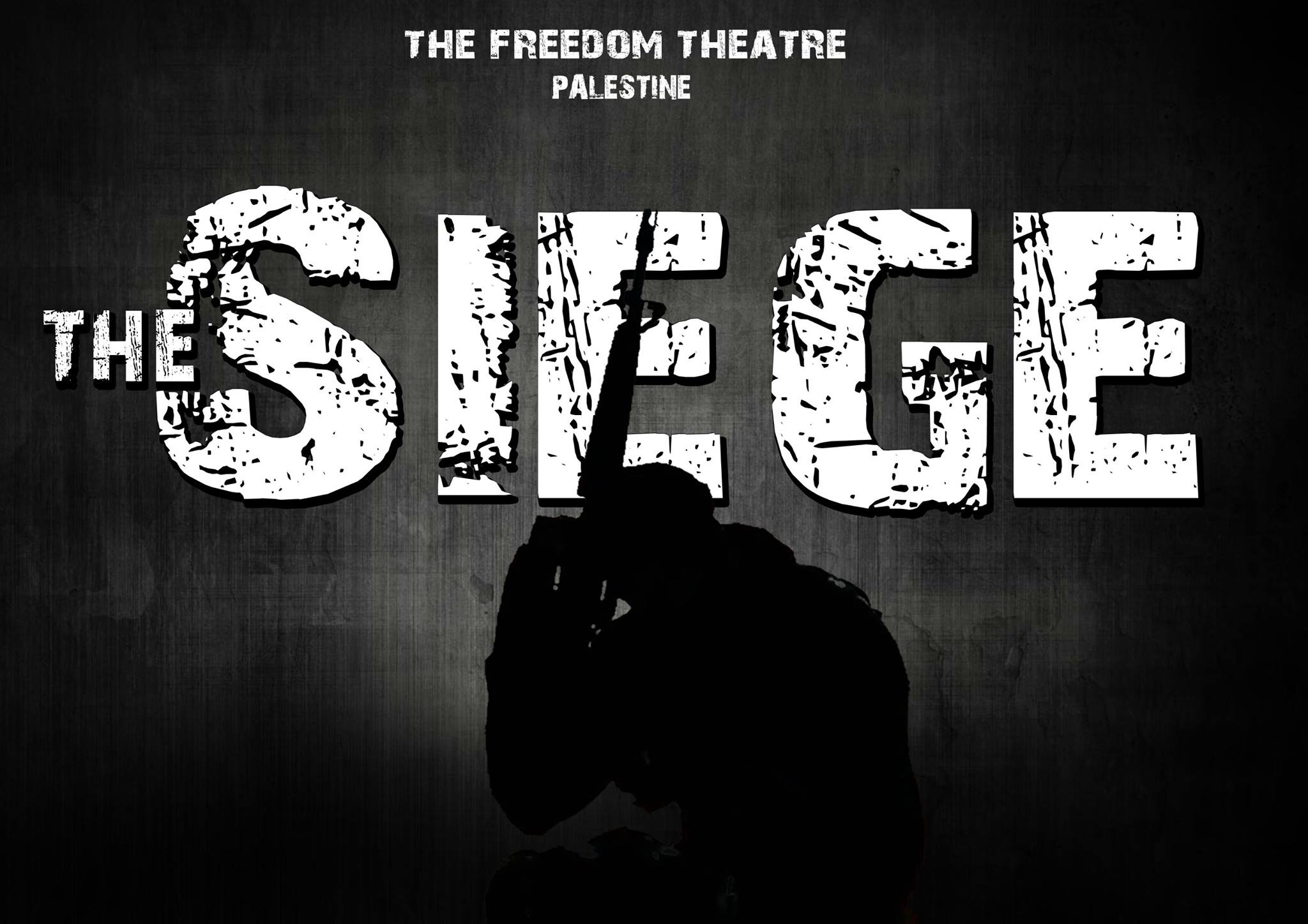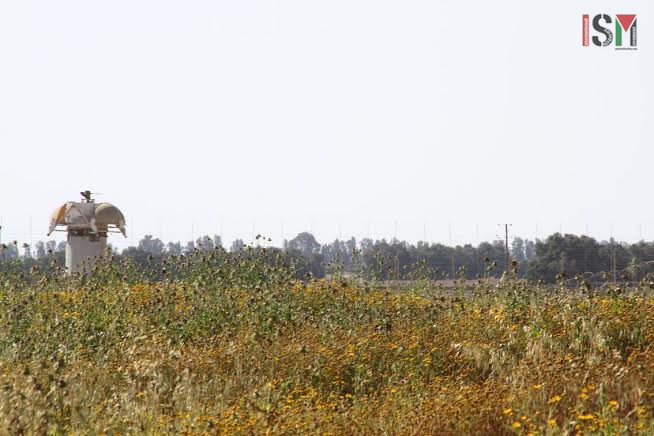Category: Journals
-

The Siege – cultural resistance in Palestine
20th April 2015 | Frida and Jenny | Jenin, Occupied Palestine The room was overflowing with people who had come to witness the opening of the play The Siege. Pushing our way through the throng we managed to find some seats, squashed in the middle of a diverse and lively audience. We were sitting in…
-

Four people shot in the first 5 minutes at Nabi Saleh protest
3rd April 2015 | International Solidarity Movement, Ramallah Team | Nabi Saleh, Occupied Palestine The weekly Friday protest in Nabi Saleh was met with extreme violence by Israeli Occupation Forces. Four people were shot in the first five minutes of the protest. One man and one woman were shot and wounded by snipers using .22 caliber live…
-

VIDEO: Israel forces once again open fire at Palestinian farmers in Gaza
3rd April, 2015 | Miguel Hernández | Khuza’a, Gaza, Occupied Palestine As soon as we arrived at the land where the farmers wanted to work, about 80 meters from the zionist fence which borders and cuts of the Gaza Strip, an Israeli occupation military jeep stopped in front of us. A group of soldiers left the car and started shooting…
